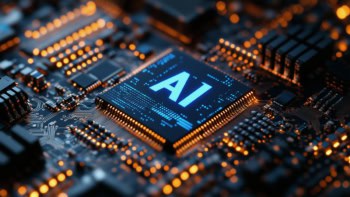A new scheme funded by proceeds from the UK's National Lottery is to give money to physics research. NESTA, the National Endowment for Science, Technology and the Arts, will spend £10m a year to help the UK's scientists, artists and inventors develop novel ideas and bring their ideas to the market-place. A project to develop superconducting quantum-computing devices is one of seven pilot schemes to be funded by NESTA.
Jeremy Newton, chief executive of NESTA, says that the fund will support projects across the whole spectrum of science, art and technology, particularly interdisciplinary research. But with such a wide remit and limited resources, funding will have to be highly selective. A key feature of NESTA, explains Newton, will be its willingness to take risks and its acceptance that not every horse it backs will be a winner.
Terry Clark of Sussex University has won £90 000 from NESTA for his research on superconducting quantum interference devices (SQUIDs). Clark hopes to use SQUID rings to form the basis of quantum computers. Such machines would exploit the superposition of quantum states by carrying out many operations simultaneously, thereby far outperforming conventional classical computers. But Clark says that actually building a quantum computer will be extremely difficult and that practical pay-off is probably many years away.
Newton hopes that NESTA funding will allow researchers like Clark to develop ideas to the stage where they can attract money from venture-capital companies, which rarely invest less than £1m at a time. To this end NESTA will award grants worth between £5000 and £50 000 every year to inventors and researchers. It will also support individuals over several years through fellowships worth between £25 000 and £75 000, in order to give them the chance to develop original ideas in the first place. In addition, there will be support for education and the public understanding of science.
Almost 500 applications were made to NESTA’s pilot scheme. Projects that received funding covered dance, young entrepreneurs, computer games, scanning electron microscopy and a scheme to increase collaboration between artists and scientists. Also selected was a project that will allow mathematicians from Cambridge University to teach pupils from disadvantaged schools using videoconferencing. The scheme could be used in the future to teach physics.



